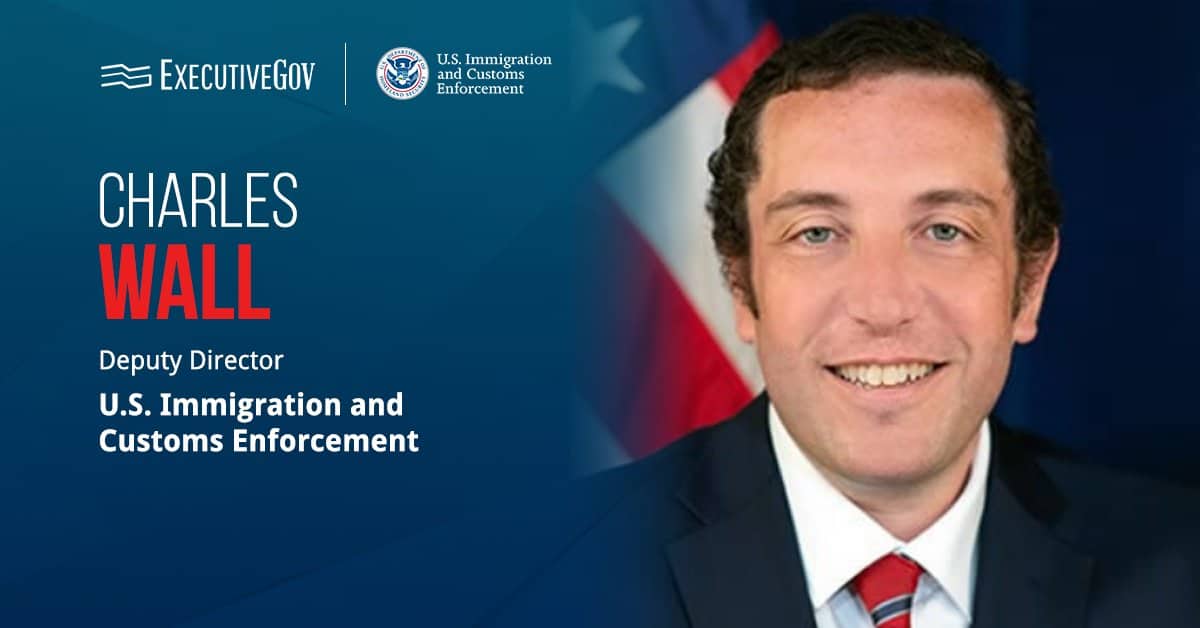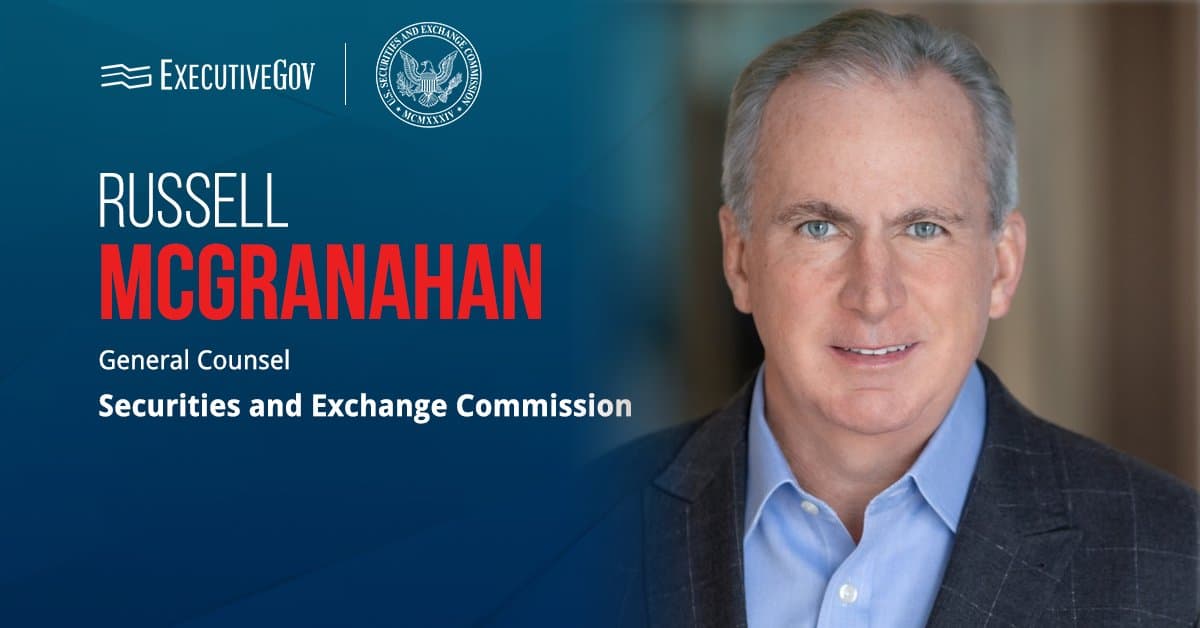Gen. Richard Clarke, who leads U.S. Special Operations Command (USSOCOM), said the multi-domain future of warfare will influence special operations, DOD News reported Thursday.
He said at the Special Operations Forces Industry Conference in Florida that special operations will continue to be relevant as the military engages in near-peer competition against Russian and Chinese adversaries.
Clarke noted that future warfare will have a very multi-domain nature and will require new technologies that help forces track data across all these domains. The commander said USSOCOM must maintain its resources moving forward, as competitors continue to progress.
"How do we harness mission command of our forces, … but also combined operations with ours, so that we're all seeing the same picture?" he asked.





